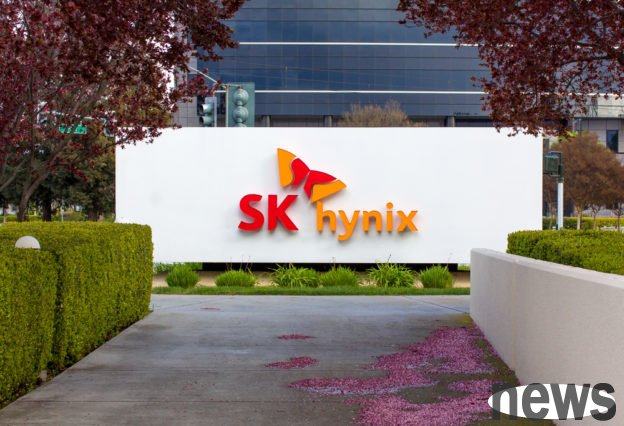
Korean semiconductor giant SK hynix recently released its latest financial report, benefiting from the stable position of HBM and taking advantage of AI business, and earning double profits last quarter. SK Hynix High-level recently released another video message, emphasizing that "AI orders will only increase more and more", and it is expected to maintain rapid growth before 2030.
Reuters reported on the 11th that Choi Joon-yong, head of the business planning group of SK Hynix, said when interviewed by Reuters that benefiting from the end users' demand for AI, the HBM market size still has a lot of room for growth, and it is estimated that by 2030, the annual growth rate will have an opportunity to reach 30%.
Cui Junlong pointed out that with the expansion of AI application ecosystem, technology giants such as Amazon, Microsoft, and Alphabet have invested billions of dollars to rush into AI infrastructure, injecting stable growth dynamics into HBM demand, and the subsequent order capacity is unpredictable.
Cui Junlong expressed his vision of HBM's outlook and is confident that demand will continue to remain uneven in the next few years. The scale of the customized HBM market in 2030 will be estimated to reach hundreds of millions of dollars.
US President Trump announced on the 6th that he would be subject to 100% import tax on all imported chips and semiconductor courses, but if he has been produced in the US factory or promised to produce in the US, he would be exempted from tax.
Samsung Electronics has two wafer factories in Austin and Taylor, Texas. SK Hynix has planned to build an advanced packaging factory in Indiana and set up AI product research and development points.
In 2024, South Korea's semiconductor exports to the United States were US$10.7 billion, accounting for 7.5% of the total semiconductor exports.